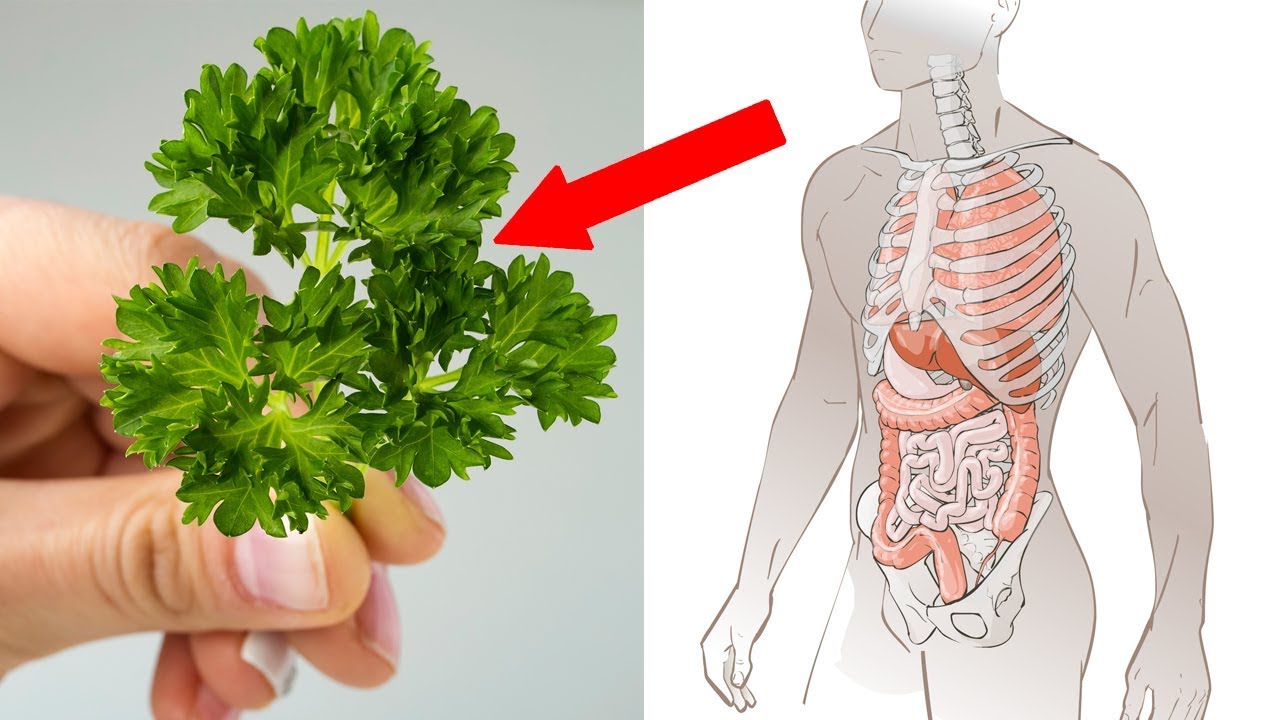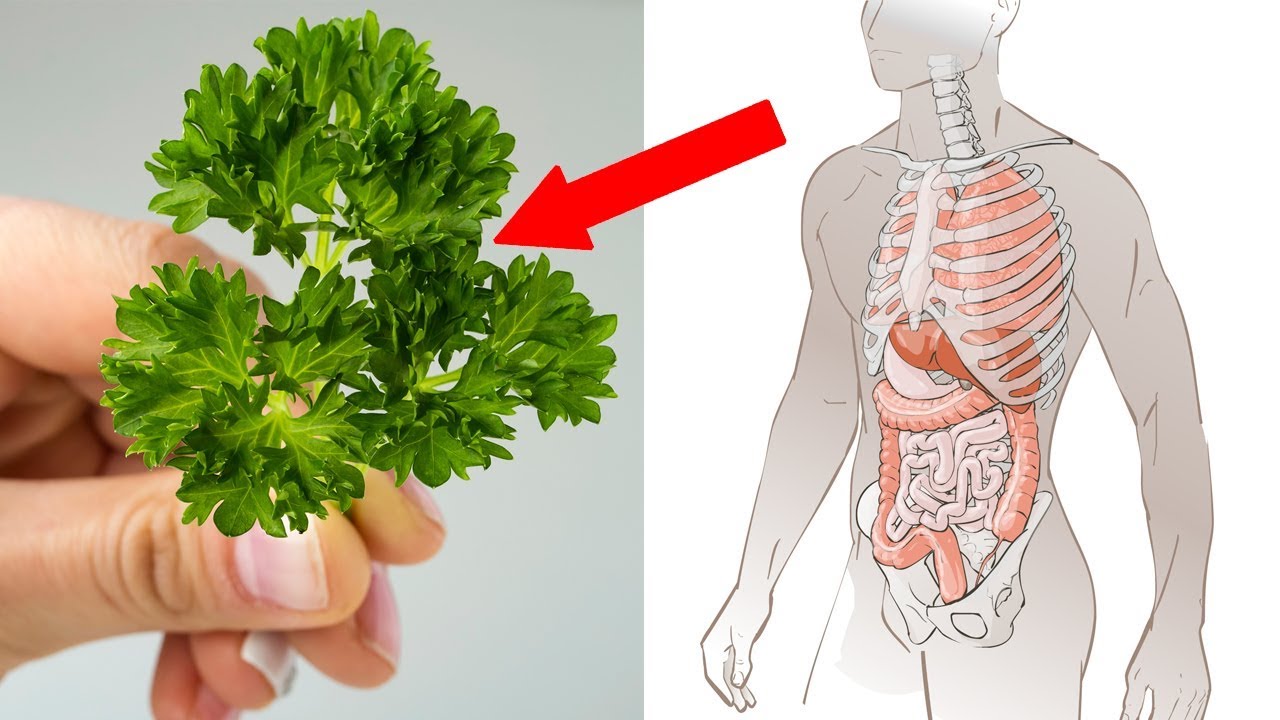
Parsley isn’t just a garnish on the plate; it’s a nutritional powerhouse packed with vitamins and minerals that can significantly enhance your health. Here are seven compelling reasons to include more parsley in your diet:
1. Rich in Vitamins Parsley is an excellent source of vitamins A, C, and K. Vitamin A supports eye health, vitamin C boosts the immune system, and vitamin K is essential for proper blood clotting and bone health.
2. Supports Kidney Health Parsley acts as a natural diuretic, helping to flush out excess fluid from the body. This not only supports kidney function but can also prevent kidney stones and other kidney-related issues.
3. Anti-Inflammatory Properties The high levels of flavonoids in parsley, such as luteolin, make it a powerful anti-inflammatory herb. Regular consumption can help manage inflammation-related diseases such as arthritis.
4. Heart Health Parsley is beneficial for heart health due to its high levels of antioxidants, including vitamin C and beta-carotene. These substances help prevent oxidative damage to blood vessels, reducing the risk of atherosclerosis and heart disease.
5. Enhances Immunity Parsley’s rich vitamin C content makes it a natural immune booster. Vitamin C stimulates the production of white blood cells, which are key to fighting off infections and illnesses.
6. Promotes Digestive Health Parsley is known for its role in digestive health. It helps in balancing stomach acid levels and is beneficial for gas relief, stomach cramps, bloating, and indigestion. The high fiber content also aids in bowel regularity.
7. Cancer-Fighting Properties Parsley contains compounds like myristicin and apigenin that have been shown to inhibit tumor growth in animal studies. These compounds can potentially have anticancer effects, particularly in the prevention of skin, breast, and prostate cancer.
Ways to Incorporate Parsley Into Your Diet:
- As a garnish: Sprinkle chopped parsley over your favorite dishes to add flavor and nutrition.
- In salads: Add fresh parsley leaves to salads for a nutrient boost.
- In smoothies: Incorporate a handful of parsley in green smoothies.
- As a tea: Brew parsley leaves or roots to make a detoxifying herbal tea.
- In sauces and dips: Use parsley as a key ingredient in sauces and dips like chimichurri or tabbouleh.
Parsley is not only versatile in the kitchen but also offers a range of health benefits that make it a valuable addition to your diet. Whether used fresh or dried, parsley can elevate the nutritional profile of your meals and provide essential health benefits.




